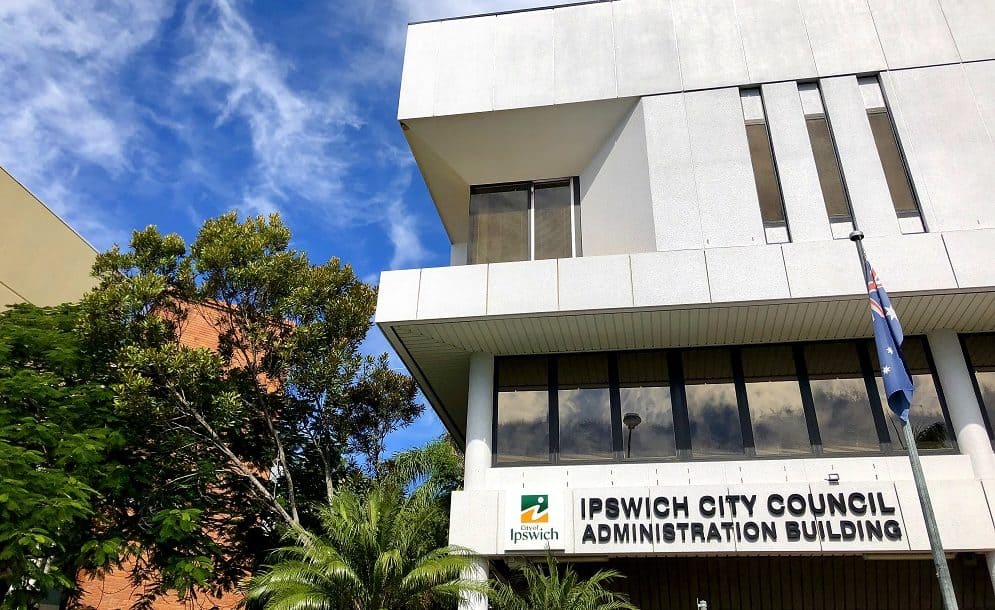Ipswich City Council is about to undergo significant organisational structure changes.
New CEO David Farmer said the realignment at the executive management level was about “streamlining” and would put council in the best possible position for the future.
The two-stage process would focus on an adjustment to the composition of the executive leadership team and organisation structure, followed by a council staff consultation and research process to identify where structural realignment or change is required elsewhere.
“An organisational structure that is appropriate to the performance of the local government’s responsibilities must be established to ensure it is able to meet the service, asset and regulatory needs as determined by the elected council,” Mr Farmer said.
“It must meet its legal obligations as well as being able to respond effectively to the changing environment outside it. It needs to be organised in a way to maximise value for money for the community resources employed as well as being positioned as an employer of choice.
“The current organisation structure has a number of issues that are impacting of the effective delivery of services to the community. Currently there are an unreasonably large number of direct reports to the CEO with seven senior executive (Chief Operating Officer) positions plus multiple other direct reports.
“This breadth of control reduces the capacity for adequate supervision and increases risk. The current structure has also has created a large number of highly paid executive positions that is out of kilter with the majority of large Local Authorities both in Queensland and other states and does not meet community expectations.”
Mr Farmer, who has been in his role for 10 weeks, said the current structure and the manner in which it has developed over time has also led to a range of functions being duplicated across the organisation, increasing the potential for waste, dysfunction and risk flowing from diverse approaches.
“I have reviewed the current organisational structure and propose that a more streamlined executive should be put in place which will both reduce cost and lower the risk that currently exists due to the large number of direct reports to the CEO,” he said.
“It is proposed that that the existing seven Chief Operating Officers structure be replaced by four General Managers and that a new General Manager’s role be created to manage the current group of other functions which report to the CEO.”
Mr Farmer said the proposed changes will move council more into line with industry norms, reduce cost and reduce risk. He added that while there will be some transitional costs, there will be a saving of about $1m per annum.
Several departments would be merged under the proposal, with a new department created to focus on organisational coordination and major projects, such as the CBD redevelopment.
Council hoped to announce the new General Managers in the first week of May.


